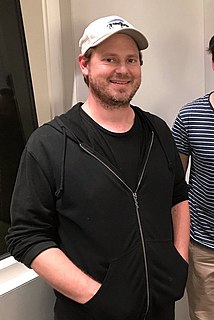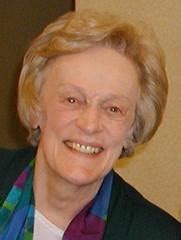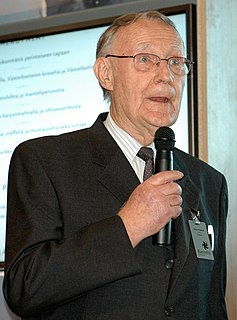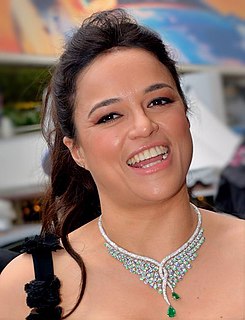A Quote by Tim Heidecker
I want people to think about movies and how we watch them. Let them know it's okay to question the structure or how we're sometimes duped into a false sense of normalcy. Most of all, I want people to question the old standard practices of, 'This is how the structure of something should work,' or, 'This is how a character must behave.'
Related Quotes
The question should not be whether or not police are allowed to confront suspects; it should be about how we train them. The question should not be whether we have police; it should be how we use them. The question should not be whether judges should have the ability to protect New Yorkers from violent offenders; it should be how we let them.
I am astounded at my age with a 20-year-old daughter to discover that kids of her generation don't want to watch black and white movies. I understand that they gave up on silent films, but black and white? So, now movies have to be taught in academia because people don't know how to watch them, they don't know how to appreciate them.
[in 1998] I know my political ideas affect what I write but I've tried to follow the facts wherever they land. Every topic I've written about begins as a question. How do police departments behave? Why do bureaucracies function the way they do? What moral intuitions do people have? How do courts make their decisions? What do blacks want from the political system? I can honestly say I didn't know the answers to those questions when I began looking into them.
There are lots of cases where we know more about how the world works than we do about how we know how it works. That's no paradox. Understanding the structure of galaxies is one thing, understanding how we understand the structure of galaxies is quite another. There isn't the slightest reason why the first should wait on the second and, in point of historical fact, it didn't. This bears a lot of emphasis; it turns up in philosophy practically everywhere you look.
I never wished to be a politician, and I despise them. I've also wrestled with it over the years, and I deeply dislike propaganda. And all art that is about propaganda, no matter how wonderful it's cause may be, I think is morally wrong. That's a major theme of my work. I don't want to control how people think; I want to show them how they are controlled by pictures.
You've never seen me debate anybody. On anything. Ever. My investment of time, as an educator, in my judgment, is best served teaching people how to think about the world around them. Teach them how to pose a question. How to judge whether one thing is true versus another. What the laws of physics say.
I was the type of person who was the question-asker. And not just genuine questions, I would ask a question so the author would know how much I knew about them. Once I went to a Tobias Wolff reading. I knew he was teaching at Syracuse at that time. And so, I remember asking him how he liked Syracuse. People do that to me now and it's okay. There is rarely a time when I just have had enough.
I have a brilliant sound design team who's been working with me since 'Mr. Robot,' and one of the things we always think about - and it's also something we think about with cinematography - is how we get inside the characters' heads and how do we place the audience where we want them to be or how we want them to feel at any given moment.
Economics should be defined in terms of what it is about. It should be about how people produce things, how people exchange them, how people earn income, how they pay taxes, how the government provides infrastructure with tax revenue, and how it conducts monetary policy. The subject has to be defined in terms of the object of inquiry.



































